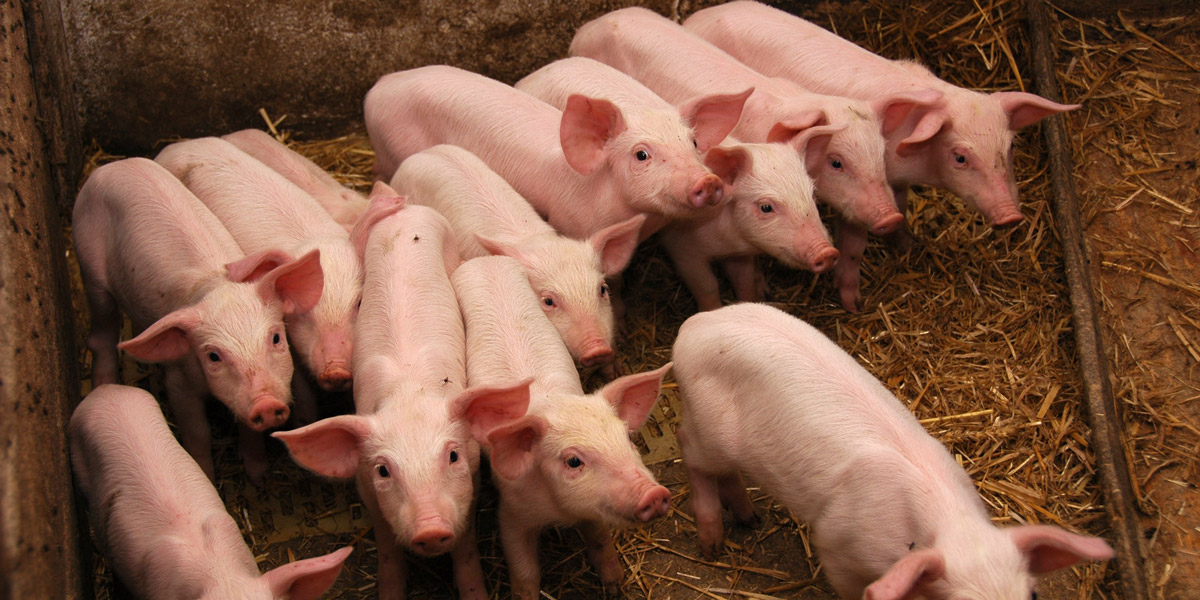
Enviropig was “All cost, no return”
Jim Long is president and CEO of Genesus Genetics, a pig genetics company. Based on his article below, he doesn’t see a future in gene-edited pork.
As he writes, “The University of Guelph in Canada developed genetically modified pigs in 1999. Enviropig was the trademark used to designate a genetically engineered line of Yorkshire pigs, that produces phytase in the salivary glands. The pigs are all dead now. There was no market. A herd of Enviropigs was maintained for 17 years. All cost, no return. Total disaster. In the end, if no customers, it doesn’t matter [about] the technologies.”
—
Jim Long Pork Commentary: Gene edited pork, will anyone buy?
Jim Long
The Pork Site, 7 Sept 2017
http://www.thepigsite.com/swinenews/44073/jim-long-pork-commentary-gene-edited-pork-will-anyone-buy/
According to the Pew Research Center nearly 40% of the Americans believe Genetically Modified foods are bad for their health. In Europe we expect the percentage is higher.
We expect consumers will see little difference between Genetic Modified and Gene Editing. It’s a real challenge for the pork industry. PIC, the world largest swine genetic company is investing millions of dollars to try to develop pigs’ gene edited to be resistant to PRRS. An admirable concept in itself. The real question, will consumers accept the Gene edited pork?
Recently we were at a breakfast in Illinois, across from us was a small boy with a bottle of orange juice. A large label on the bottle, clearly read Non GMO. We didn’t know there was even GMO oranges, but most importantly, the orange juice company sees the huge Non GMO label to be good for their business.
The University of Guelph in Canada developed Genetically modified pigs in 1999. Enviropig was the trademark used to designate a genetically engineered line of Yorkshire pigs, that produces phytase in the salivary glands. The pigs are all dead now. There was no market. A herd of Enviropigs was maintained for 17 years. All cost, no return. Total disaster. In the end, if no customers, it doesn’t matter the technologies.
There is salmon genetically modified and approved by the US FDA. It is a legal product. Some of the major retailers in the United States have said they will not sell GMO salmon. These retailers include Costco, Whole Foods, Trader Joes, Safeway, and Kroger. When you’re in business, having a market for your product is probably the most important attribute.
We are not against science; we are against the risk to pork demand. What happens if some export countries decide not to except gene edited pork? We export 30% of our production.
Paylean [a non-GMO feed additive that is claimed to increase the rate and efficiency of muscle tissue growth]? There is no science saying it shouldn’t be used, but when China said it wouldn’t accept, it eliminated all Paylean use in Canada for swine and did significant amount reduction in USA. There is a huge cost to certifying Paylean free.
What happens if it happens with Gene editing? It would lead to elaborate and costly DNA testing to determine. Is the reward worth the risk?
We have spoken to some packers in North America and around the world. Not one has said they will harvest Gene Edited Pigs. Some aren’t sure; most say no.
We expect Producers are concerned if there is a market and risk to their brands. The packers that told us NO, we expect would use Non GMO as marketing advantage.
Just like the boy with orange juice, Non GMO would be major presence on the label. Already we have specific labelling about animal welfare, antibiotics, etc. We expect this would become even more important with Gene Edited GMO pork.










